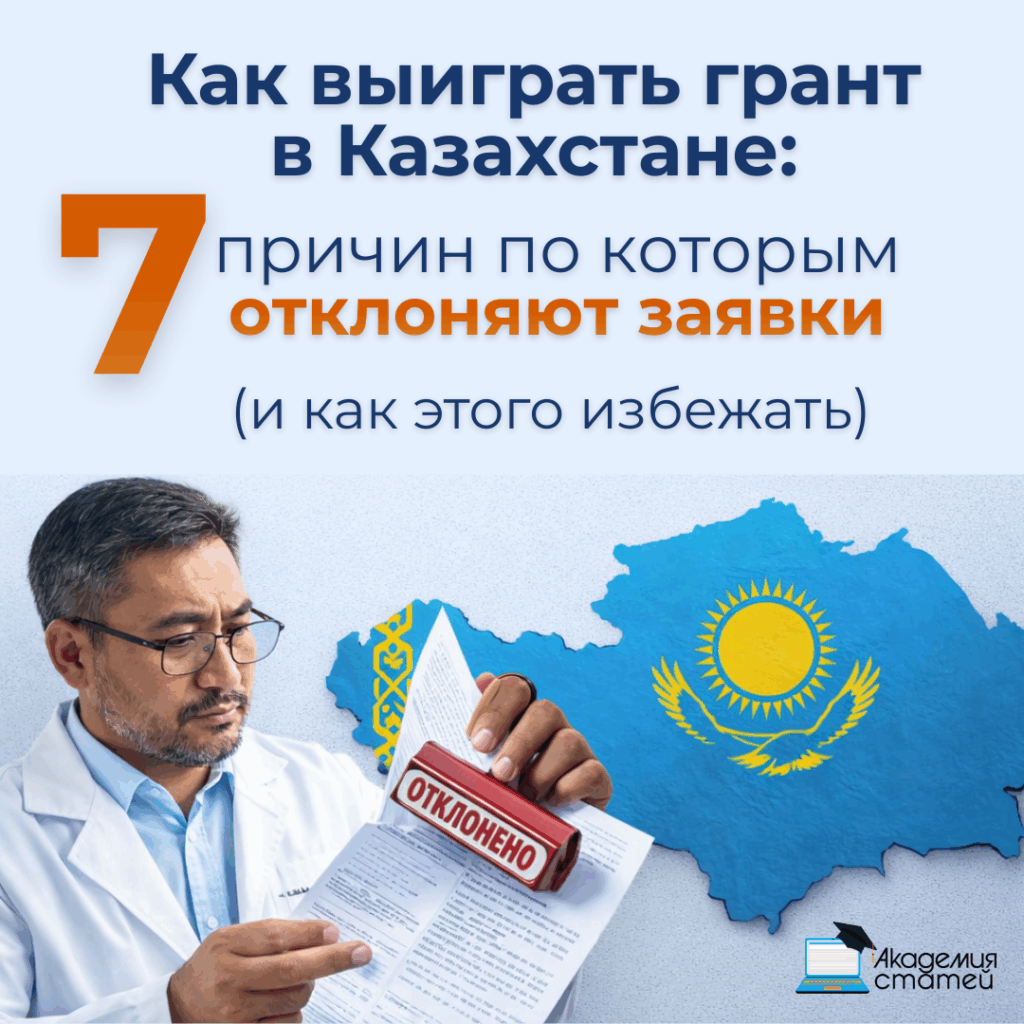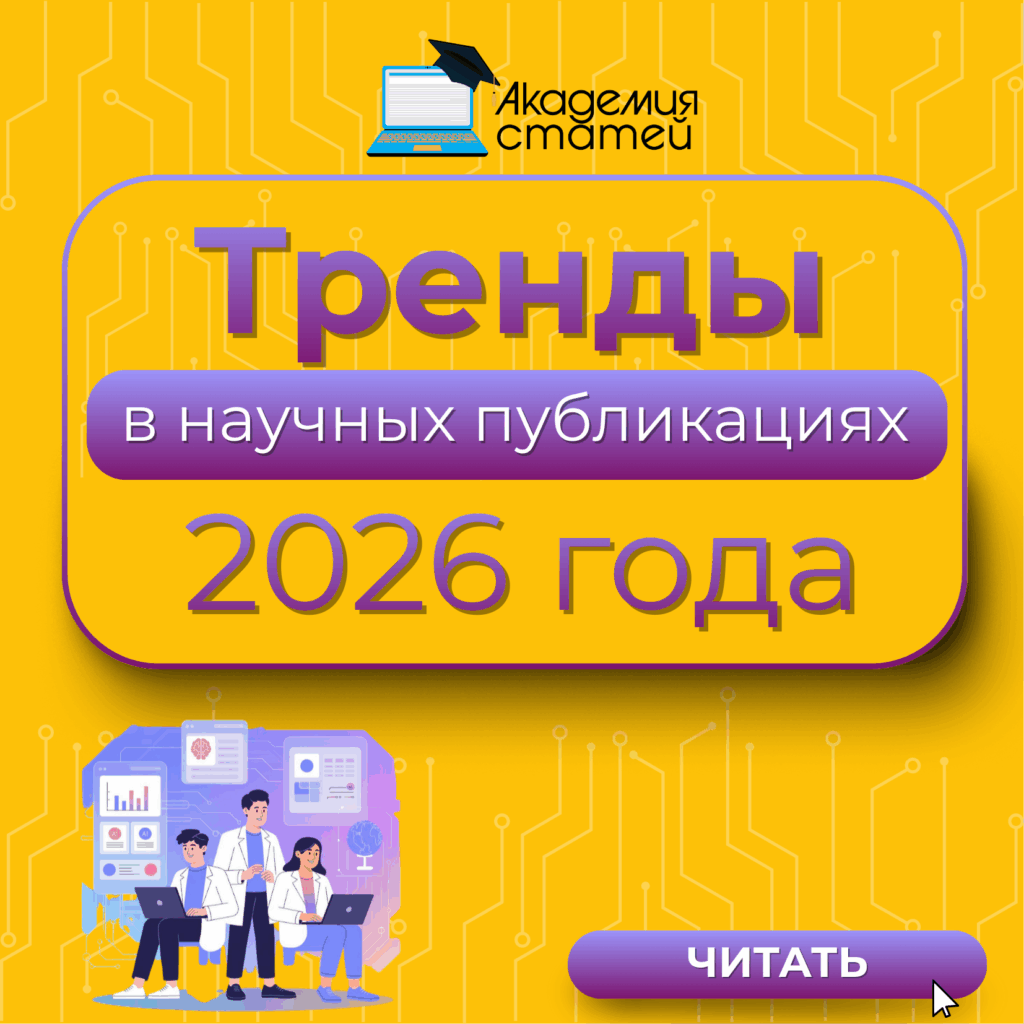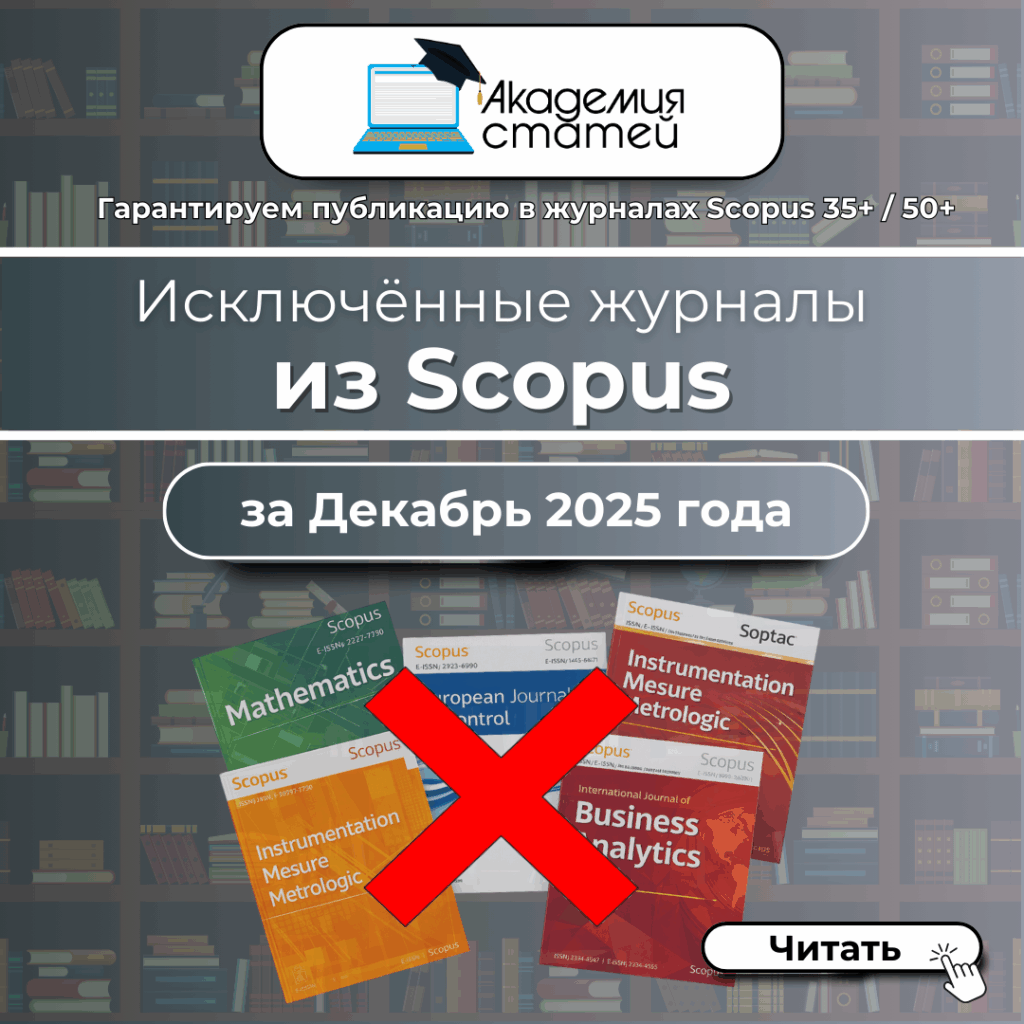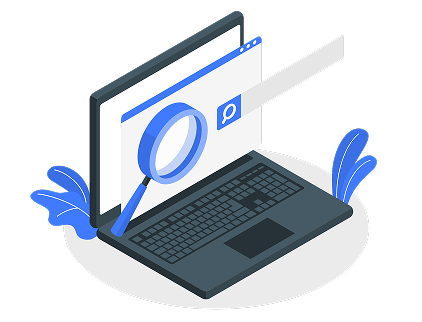In Kazakhstan today, special attention is paid to both quantitative and qualitative indicators of scientific publications.
According to the current requirements of the Ministry of Science and Higher Education, articles published in journals that have lost their indexation in Scopus or Web of Science databases, do not count to defend a dissertation, obtain an academic title, or participate in grant competitions.
That's why the team Academy of Articles pays maximum attention to checking each magazine before recommending it to our clients.
We understand that the right choice of publication determines not only the success of the publication, but also the reputation of the scientist, the university, and the entire country.
How we check logs
Before entering into a partnership or offering a magazine to clients, we conduct detailed multi-level verification.
No publication makes it onto our list without careful analysis across several key criteria.

We evaluate how long the peer-review process takes. If a journal takes more than 8-12 months to review an article, it does not pass our selection process.
For scientists with specific deadlines (dissertation defense, reporting, grant), it is important to have a transparent and predictable process.

We check how quickly the editorial staff responds to inquiries, whether it provides clear explanations, and whether it adheres to academic ethical standards.
Journals with low communication levels are automatically excluded from the list.

We study the latest releases and evaluate:
🔸 number of articles and geography of authors;
🔸 quality of English;
🔸 compliance of the subject matter with the declared scope;
🔸 the presence of international researchers among the authors

We monitor publication trends over recent years. If we see sharp spikes in activity, this is a risk signal, as such journals are often subject to review by Scopus and may be excluded from the database.

We separately analyze SiteScore, CiteScore Percentile, and other metrics.
Our analysts predict whether the journal will be able to maintain its level or whether there is a risk of a decline in its position in Scopus.
We do not recommend magazines with unstable dynamics or questionable history.
🔍 Want to be confident in your magazine choice?
Even experienced scientists sometimes find it difficult to independently verify the reliability of a journal, whether it will lose indexing in the near future, and whether it meets Scopus requirements. This is why Academy of Articles offers a service professional selection of scientific journals in Scopus.
Our team:




📄 Get an expert selection of journals in the shortest possible time—including indexing, rating, and reputation checks.
Double check before payment
Even after an article has been accepted for publication, we conduct additional checks:
🔸 Is the publication actively indexed in Scopus?
🔸 Has this been confirmed by Scopus support?
🔸 whether the journal's status or its editorial policy has changed.
Only after this do we send the client confirmation and open payment for the publication.
Which publishers does the Academy of Articles cooperate with?
We have built partnerships only with reliable and stable publishers, which meet international quality standards.
✅ University journals interested in international collaboration and increasing their influence.
✅ Top-tier publishers — MDPI, Frontiers, Walters Kluwer — for authors seeking publication in Q1–Q2 journals.
✅ Small private publishers with 3–7 high-quality journals in Scopus and operating on a commercial basis, but with full adherence to academic ethics.
⚠️ Who we don't work with
We do not cooperate on principle:
❌ with predatory journals that accept all articles without proper peer review;
❌ with slow university publications, where peer review takes 10–12 months;
❌ with publishers who have been known to engage in predatory practices in the past;
❌ with publishing giants (Elsevier, Wiley, Taylor & Francis) - only in exceptional cases, if the client requires it, since publications there are extremely expensive.
💡 Guarantee for our clients
Academy of Articles — this is trust, quality and transparency.
We guarantee that every journal we offer is verified, active, and has no risk of losing indexation.
And even if this happens, we provide a guarantee of publication and indexing, so the client remains protected in any case.
Sincerely,
Vasily Malets, Director of the Academy of Articles






